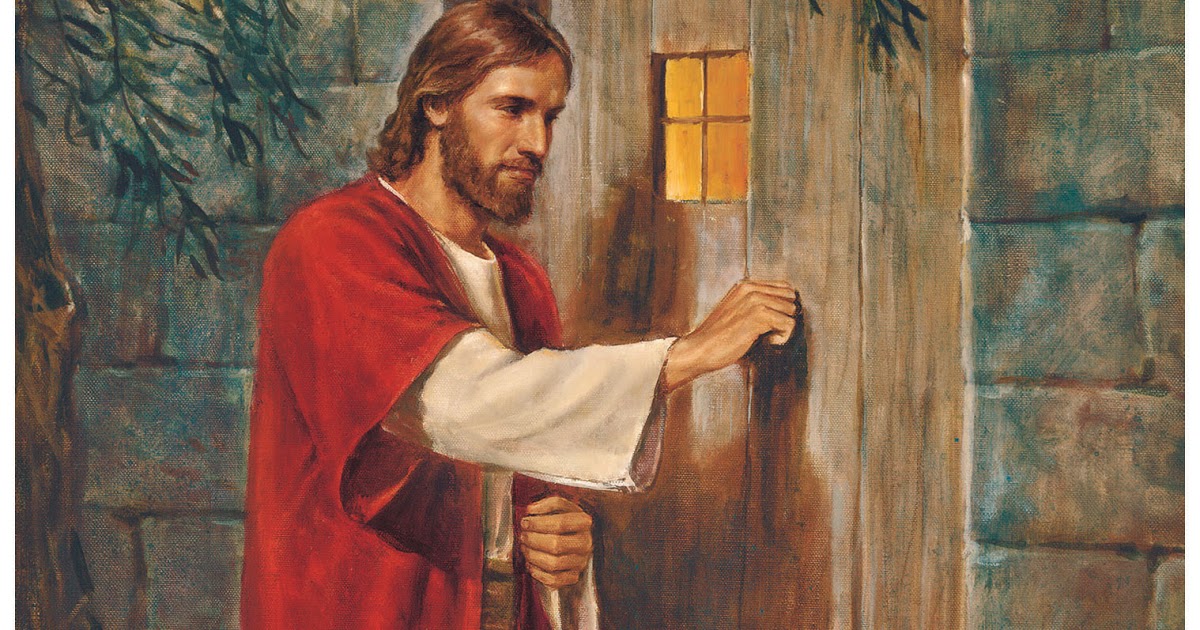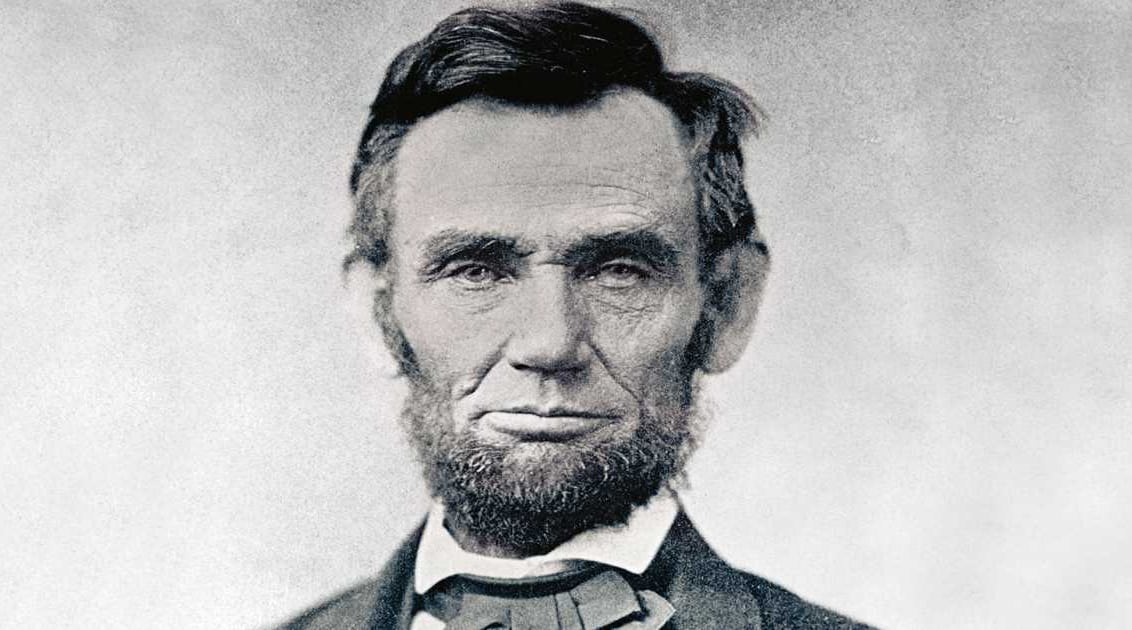Once upon a time, there was a wise and saintly hermit who lived out in the wilderness. A young man seeking to follow the path of wisdom and holiness came to him as a disciple, and the monk served as his master and mentor. Finally he told the young man he was ready to go off on his own, so the young disciple went further into the wilderness and built a simple lean-to next to a river. He was extremely happy with his primitive lifestyle, but one morning he discovered that during the night rats had come and chewed up his tunic, which was his only possession. He walked to the closest village and begged a second tunic, but soon afterwards, rats came at night and chewed up this one, too. The disciple decided he had to get a cat, which he did—but then discovered he had to beg food not only for himself, but also milk for the cat. To get around this problem, he acquired a cow—but because he had to provide food for the cow, he began farming the land around his lean-to. This took all his time, leaving him with no opportunity for prayer and meditation, so he solved the problem by hiring workers. As the operation expanded, he had to build farm buildings and shelter for the workers, and naturally, he included a house for himself. Eventually the disciple ended up taking a wife, so there’d be someone to run the household. Before long, he was one of the wealthiest persons in the area. A few years after this, the wise old hermit came to see how his young disciple was doing, and was shocked to find a mansion where the lean-to used to be. “What is the meaning of all this?” the hermit demanded, and the disciple answered, “Master, there was no other way for me to keep my tunic” (Bausch, Once Upon A Gospel, p. 283).
It’s very easy for things to get away from us, for our priorities to become mixed up, and for our noble intentions to become sidetracked; it’s seemingly part of our human nature to act as if no matter how much we have, we can only be satisfied if we have just a little bit more. Satan skillfully exploits this weakness to divert and distract us from what really matters, but Jesus reminds us of the truth, and offers us the grace we need to act upon it. Everything this world offers will come to an end; only those who prepare themselves for eternity are truly rich in the eyes of God.
There’s every reason to believe the rich man in the Gospel of Mark (10:17-30) truly loved God and genuinely wanted to follow Jesus; the problem was that he let himself become too attached to his worldly blessings. He was falling short of the standard described in the Book of Wisdom (7:7-11), in which a young King Solomon describes how he humbly prayed for wisdom, rather than worldly success. Because he had his priorities in the proper order, God blessed him greatly, making him the wisest, most glorious ruler in the world— though when Solomon later turned away from God, his great wisdom also departed. When we make doing the will of God our highest priority, everything else falls into proper place. As the Letter to the Hebrews (4:12-13) says, nothing is concealed from our heavenly Father,and each of us will have to render Him an account of how we’ve used our material possessions and worldly opportunities. This can be a fearsome prospect for those who are rich—and this certainly includes most, if not all, of us, for in terms of physical comfort and conveniences, financial resources, and personal freedom, we are probably in the top 1% of all the people who’ve ever lived. Much will be expected of those to whom much is given, and Jesus warns in the Gospel that it can be extremely difficult for someone who is rich to enter the Kingdom of Heaven. Achieving this goal is not impossible, however, for those who rely upon the grace of God—and the sign that we do so is our willingness to follow Jesus in whatever way He asks.
A twenty-five year-old financial broker in Connecticut was searching for a deeper purpose in life, and one Sunday he heard this Gospel passage proclaimed at Mass. It struck him like a lightning bolt, and he changed the direction of his life. He quit his job and, after paying off his debts and giving away his sports car, went to New York City to work as a volunteer at the Covenant House center for runaway teens. All his possessions fit into one overnight bag—and the more time that passed, the happier he was that he had taken this life-changing decision (Bausch, op. cit., p. 284). Very few of us are called to take such a radical step, but we are called to learn a lesson from comparing this young man to the one in the Gospel, and to the one who started out as a disciple and hermit and ended up as a wealthy landowner. What does discipleship mean for us? Is being a Christian only a way for us to find our niche in the world, earn the respect and approval of people whose opinions we care about, and arrange for ourselves a safe, comfortable lifestyle—or is it something more radical and challenging than that? If we had to give up most or all of our possessions, including the material treasures we’ve accumulated over the years, in order to remain faithful to Jesus, would we be able to do so? Are we showing that our faith and commitment to Jesus are genuine by sharing the material blessings we’ve received, especially by some form of tithing or sacrificial giving?
We all hear stories of selfish and overpaid athletes and entertainers, greedy corporate executives, and arrogant rich people who continue to flaunt their affluent lifestyles even as so many struggle with poverty and unemployment. It’s easy to say that they’re in danger of losing their souls unless they repent—but that conclusion isn’t the purpose or message of Mark’s Gospel. Yes, Jesus came to invite hardened sinners to repent, but He also issues that same invitation and summons to good people like us. Chances are we may be more like that rich man in the Gospel than we’d like to admit. If we’re convicted by an honest examination of our conscience, Our Lord doesn’t want us to adopt an attitude of guilt or despair; rather, He’s looking for our openness and trust. As long as we give Him the chance, His grace is capable of readjusting our priorities, making us more generous and joyful, and helping us see more clearly than ever before what truly matters. The world tries to “buy off” good people through comfort and convenience, and seeks to deceive us with an insistence on the overriding importance of financial prosperity—and many people are ensnared and trapped in this way. Jesus invites us to become rich in God’s grace—and making this our choice leads to true and lasting happiness.








